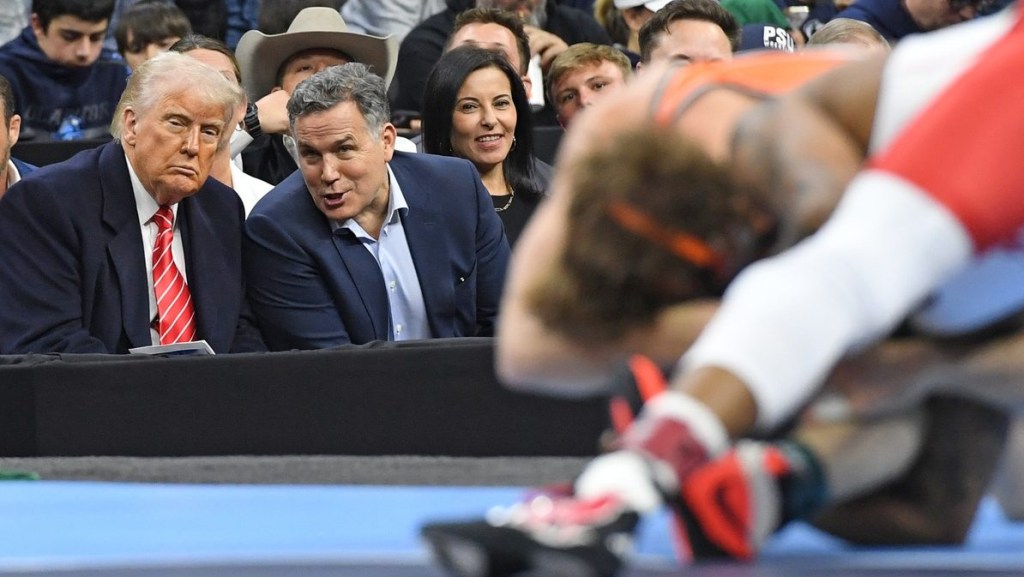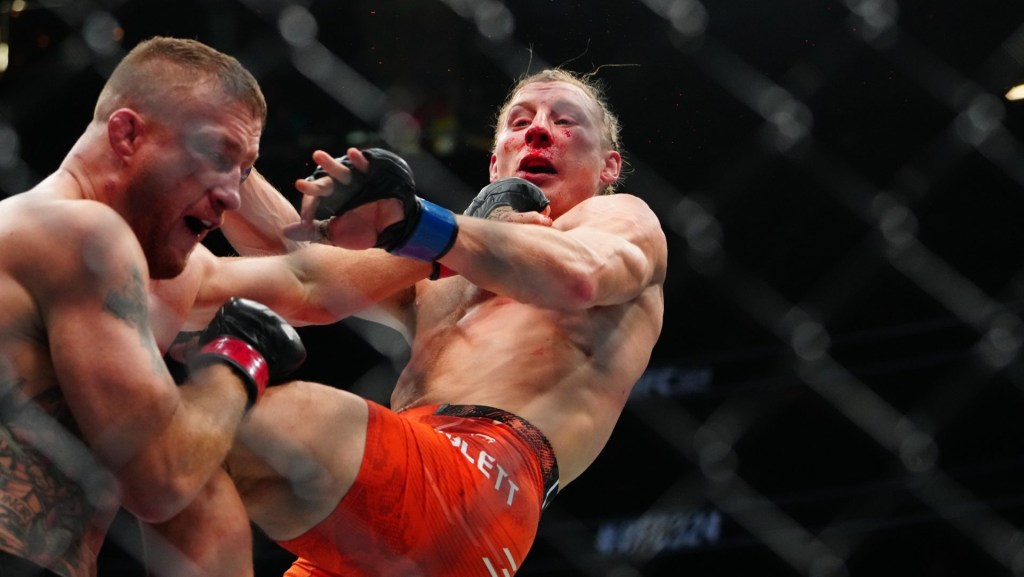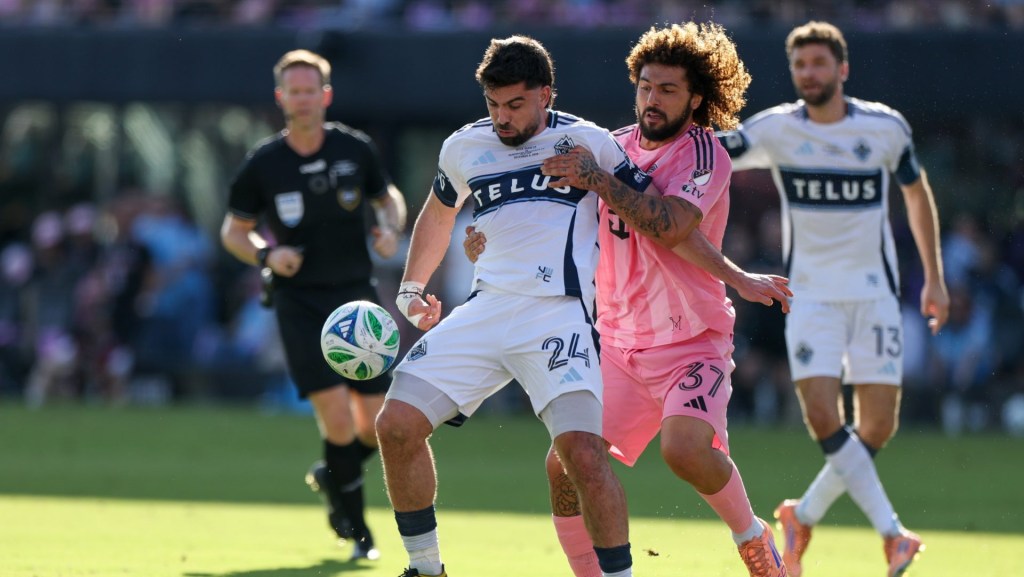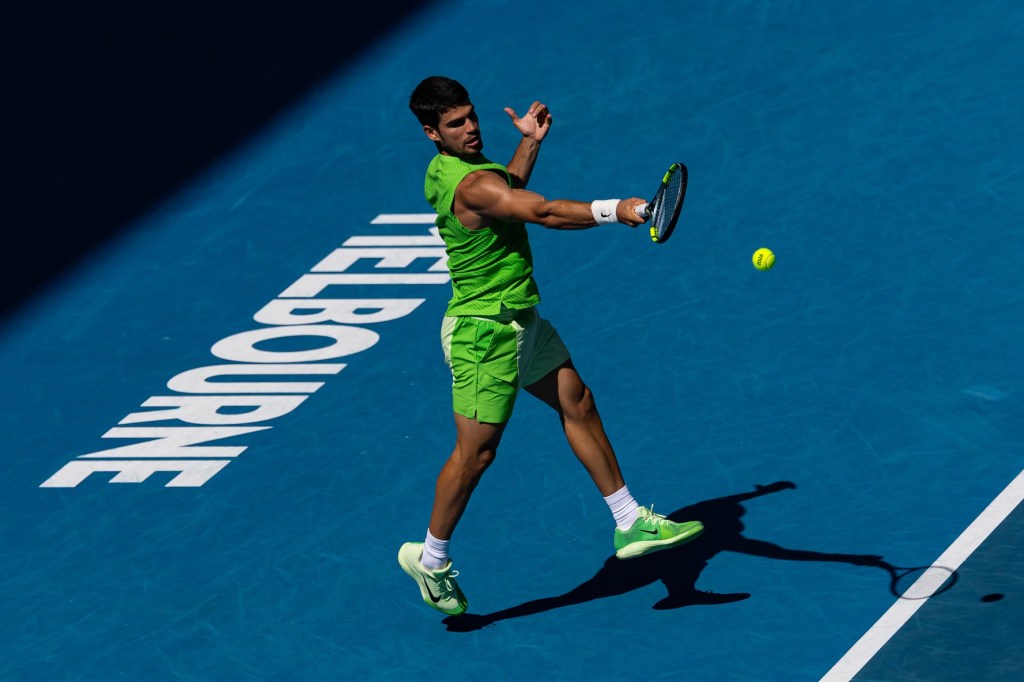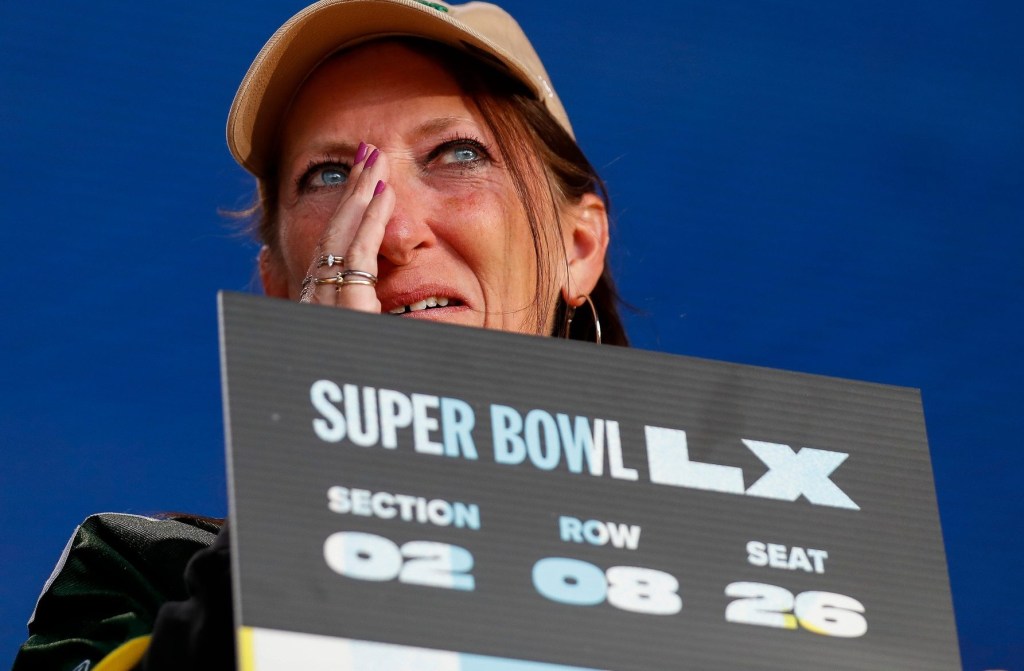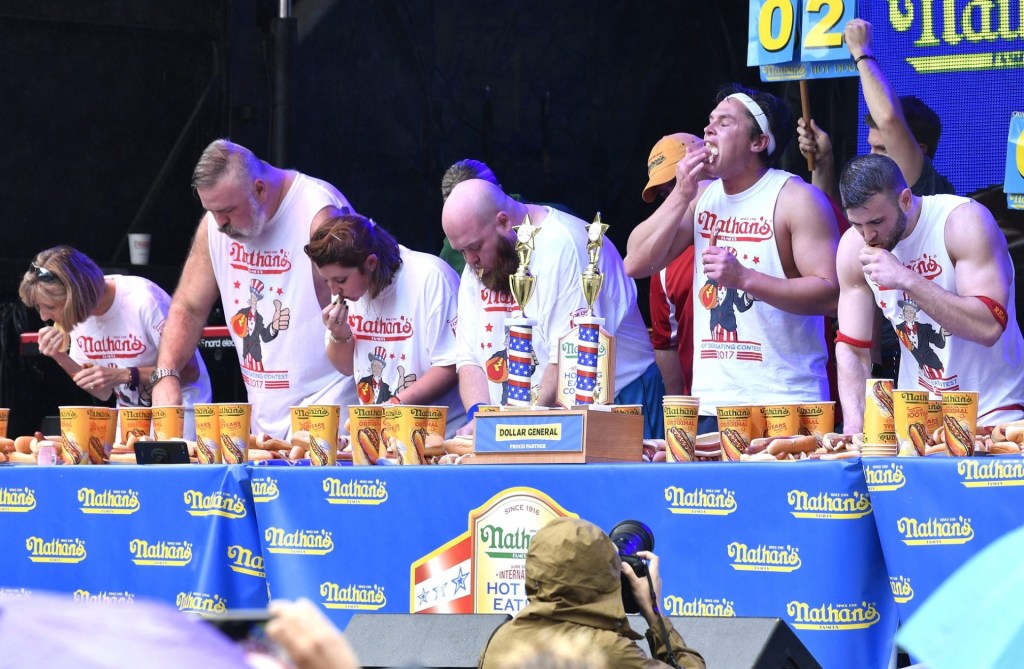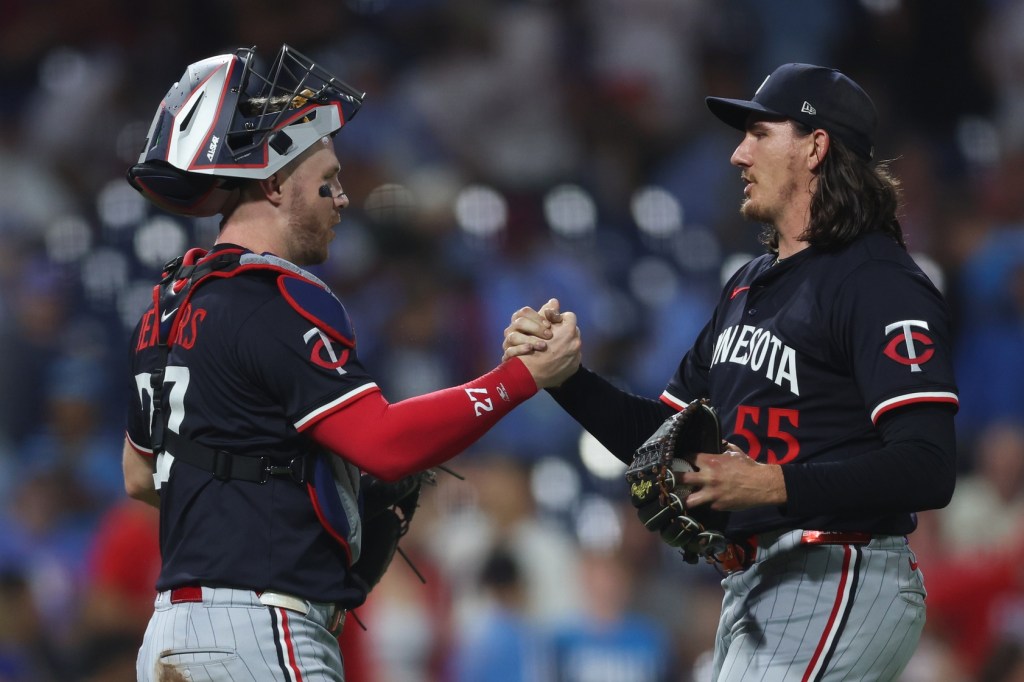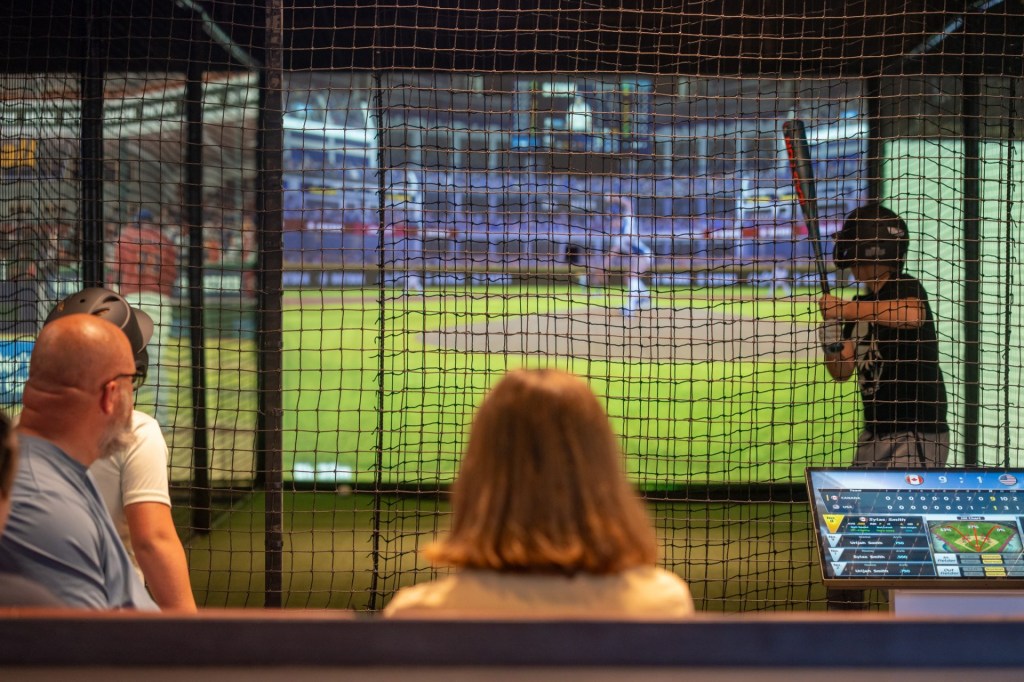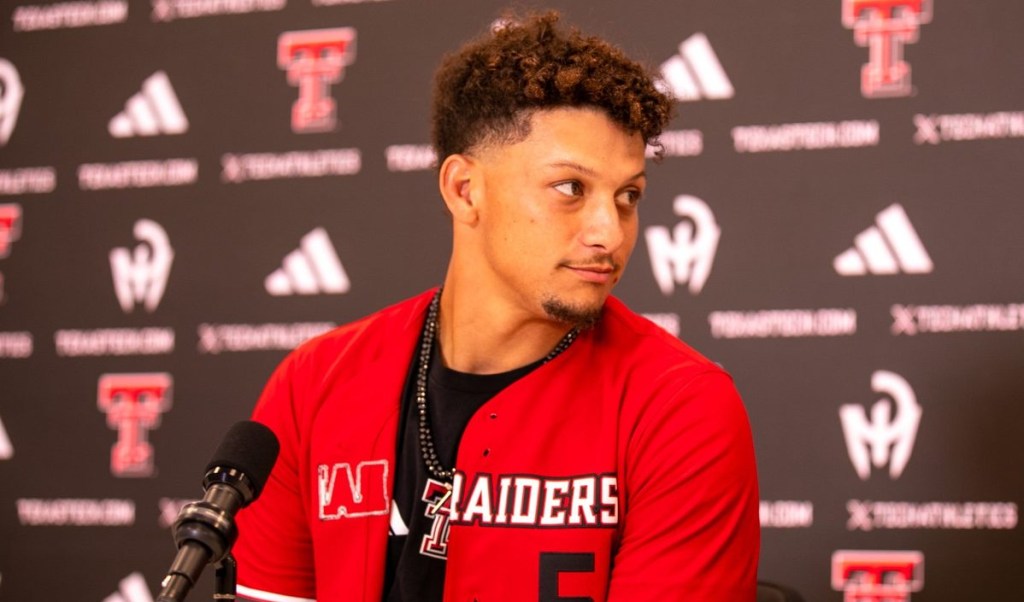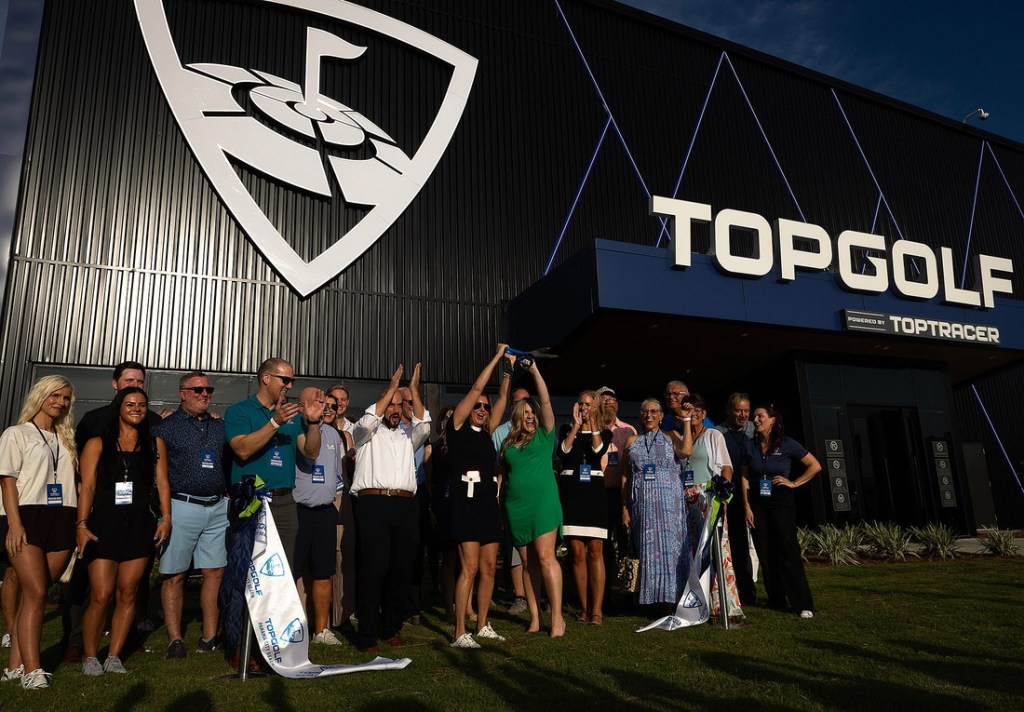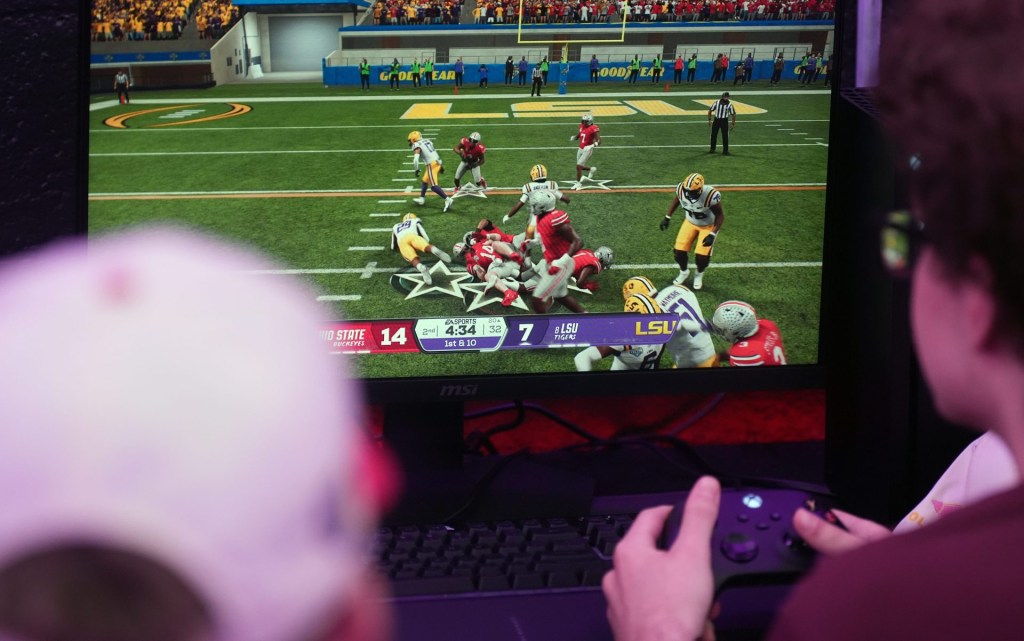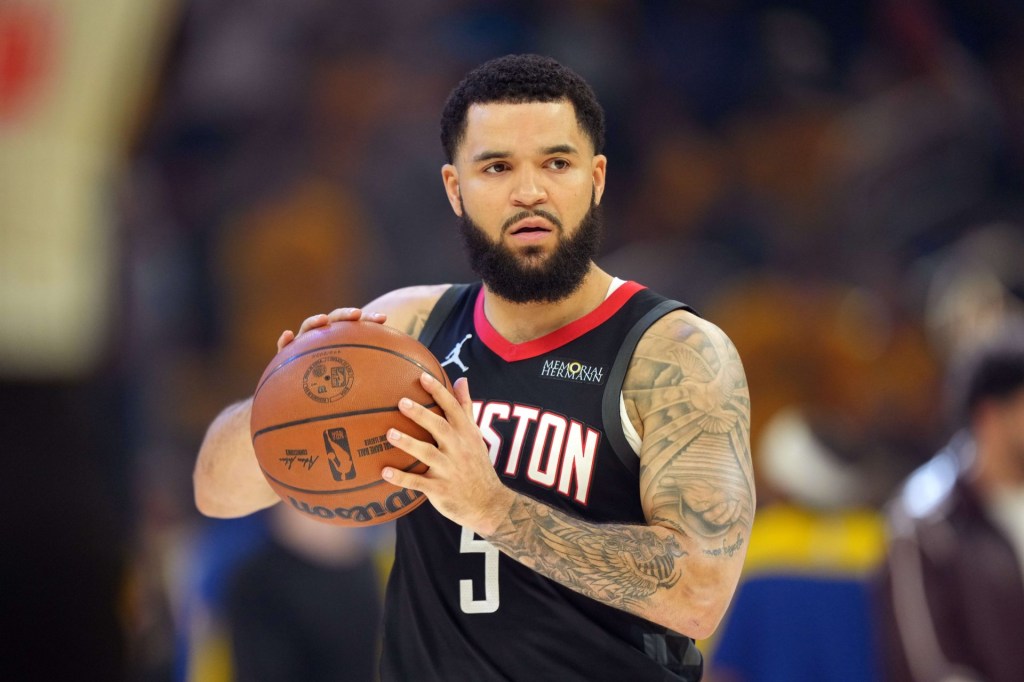When Wyc Grousbeck sold the Celtics for $6.1 billion in March, it set a U.S. pro sports franchise valuation record. The record lasted barely a month. In the NFL, the 49ers in May sold a minority stake that valued the team at $8.6 billion. Then two weeks ago, the Buss family agreed to sell the Lakers at a $10 billion valuation.
It’s pricier than ever to buy a piece of a team in the big men’s pro leagues. (The WNBA is no cheap entry point either, with the expansion fee up to $250 million for new entrants Cleveland, Detroit, and Philadelphia.) As longtime MLB CFO Jonathan Mariner put it: “If a franchise is going for $3, $4, $5 billion, it’s hard to find a person who can write a check for, say, half of that.”
What’s a rich American investor, athlete, or celebrity to do?
They look abroad, to soccer (or football, depending on your parlance). Soccer has far more total teams, at lower entry prices, than the core U.S. men’s leagues, and thus more opportunities to become an owner.
There’s an irony to this trend right now: The U.S. will be the epicenter of global soccer next summer with the men’s World Cup, and is hosting the Club World Cup and Gold Cup at the same time this summer.
For our ongoing Portfolio Players interview series, we sit down with people who have multiple investments in sports, often including stakes in teams. Soccer comes up in almost every conversation. Here’s what the smart money is telling FOS about the lure of international soccer—and the pitfalls.
The former MLS executive is now a co-owner of two foreign soccer clubs: Club Necaxa in Mexico and La Equidad in Colombia. You might not have heard of either, but the former is about to become much better known in the States thanks to a Netflix series that will feature Eva Longoria, who is a minority owner of Necaxa along with Ryan Reynolds and Rob McElhenney. (Porter and Longoria are also investors in Wrexham.) Their hope is that Necaxa can be the hit that Welcome to Wrexham was. But Porter also says buying into soccer comes with huge risk: the threat of relegation and the burden of additional spending to avoid it.

“You can buy a team in one league and you can end up in a different league, where the valuations are different, the revenues are different, and the situations are different.
“Whichever league you are in… you are spending. There’s no safety net of, if you finish last, you get the No. 1 draft pick [like in some U.S. leagues]. There is, very much, if you finish last, you’re going down, and then you’ve gotta spend to get back up.”
The Bruin Capital CEO, former president of IMG, and former COO of NASCAR who manages a diverse portfolio of sports-adjacent businesses recently bought four player agencies and bundled them together to launch a soccer mega-agency called As1. He says the draw of soccer is global stardom.

“When you look at these athletes, when you look at [Cristiano] Ronaldo and [Lionel] Messi with 500 [million] social media users, athletes today, because of media fragmentation, have so many opportunities. So I thought that was a really interesting space for us to play in. You go to many countries, and Germany, the top three sports are football, football, football, right? … The soccer-slash-football industry, it has a lot of applications.”
The two-time Super Bowl champ with the New England Patriots announced his retirement last year and immediately went into broadcasting for CBS and talking to investors about opportunities in sports ownership. Why? “It’s just the sexiest thing to do,” he says. He revealed that his first thought was soccer and he came close to buying a stake in a French team, but he backed out when it looked like the Ligue 1 media deal was in trouble. He’s still eagerly seeking his soccer-buying opportunity.

“I was really interested in investing in a French soccer team last year. Talked to ownership, [was] planning flights out, and really did my research… and the league rights—the TV deal—came in much lower than the clubs had anticipated. Because, part of that is [Kylian] Mbappé, a generational star in France, goes over to LaLiga in Spain… We know that the NFL TV deals go up and up, and that’s why the salary cap goes up, and that’s why players get more… In soccer, the game is growing, but there’s so many different leagues, so with that TV deal not coming, the investment didn’t make sense for me now.
“Now I’m looking at teams in Mexico, teams in Spain. Getting a small percentage of multiple teams, being part of groups like that.”
The owner of the Wizards, Mystics, Capitals, Capital One Arena, and Monumental Sports Network happily reveals he looked at buying a foreign soccer team, but it didn’t feel right, since he wouldn’t be able to attend enough games and he has no personal connection to soccer. There’s some irony to his comments: scores of investors are buying into teams where they have absolutely no personal connection, and absolutely no hesitation based on such concerns.
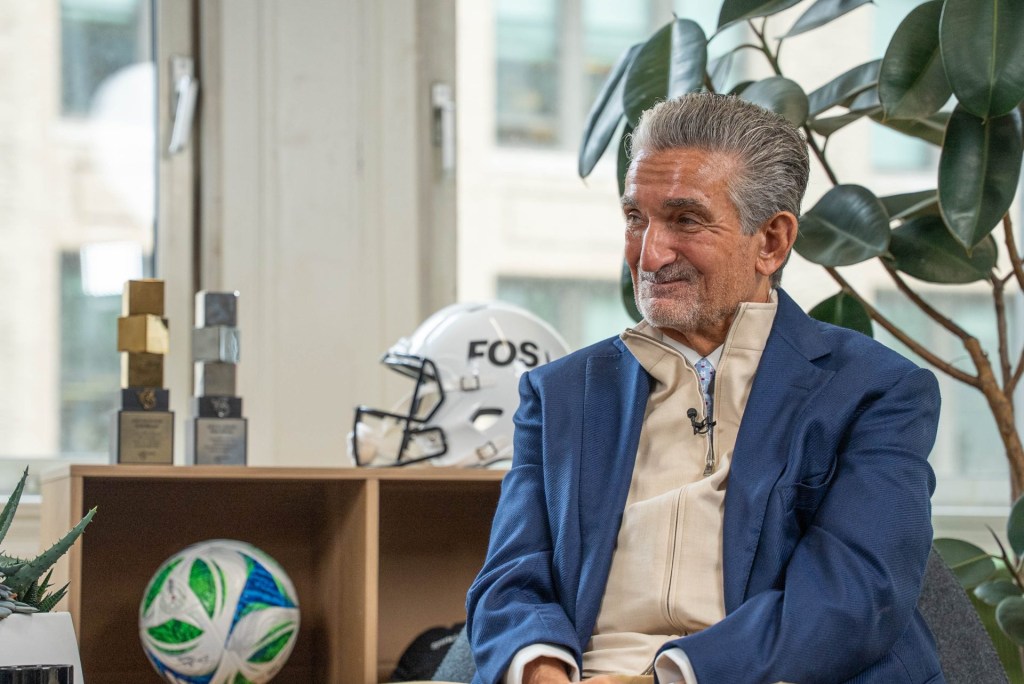
“I want to be authentic. I looked at soccer, it was very in to go to Europe and look at soccer. And I looked and there was a rumor or a leak, and I said, you know what, I didn’t play the game, how many games am I going to go to when the team we were looking at was outside of London? And the fans are going to hate me. Right? And I won’t have any authority, if you will, in that I go to all of the games, I grew up watching the games, I know the history of the team. And I think fans, and media, can smell B.S.”
It’s not just rich U.S. investors that want in on European soccer clubs. Everyday sports fans see the thrill in owning a piece of a European soccer team, even if their slice of the squad is tiny.
Semi-pro teams like Northern Ireland’s Glenavon FC and Scotland’s Caledonian Braves FC have held open investment rounds in which anyone can invest and become a “part owner.” As of a few months ago, the Braves had raised almost $2.75 million from close to 9,000 individual investors. (The team is not currently accepting additional investments but may open it back up.)
“When you talk about pro sport, any sport, it should be inspiring,” Ewing told FOS in April. “There should be that element of hope, meritocracy, risk, and reward—these things that go together to create fandom. That’s what we’ve done here. We said, ‘Let’s actually give people skin in the game.’”

